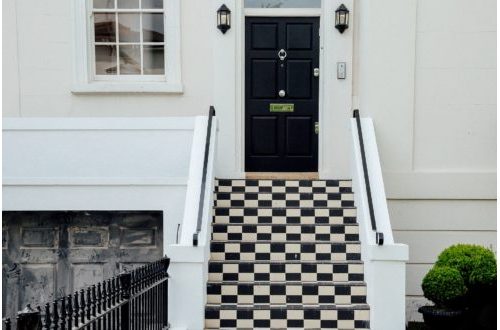Should I move out of the family home?
When a couple is going through a separation or divorce and still living together, tensions can run high and affect the mental, physical and emotional wellbeing of all concerned, particularly any children who are aware of the breakdown in the relationship.
In desperation, one or both parties often contemplate moving out of the family home. This decision requires careful thought and consideration of the consequences, which can impact both your financial position in the separation or divorce and, perhaps more importantly, your relationship with the children.
We would encourage anyone considering moving out of the family home to contact us for specific advice first as every case is different and this can be a key tactical decision which impacts on the resolution of the rest of the issues. Once out of the property, it is often difficult to re-assert your rights, if any, later on to re-enter and occupy the property.
Will I lose my interest in the family home?
Provided you co-own the family home with your ex-partner or spouse, you will not lose that legal interest if you voluntarily move out of the property.
In the event that you are not the owner of the family home, then you will not be able to prevent the owner from disposing of that property without first securing home rights, which are registered at HM Land Registry. This protection is only available to married couples but will provide the spouse without a legal interest in the family home with rights of occupation in the property pending the divorce.
In the event that you are not the owner of the family home and were in a cohabiting relationship with the legal owner, then you do not have any rights to the property unless you have children together. In that case, you may be able to issue court proceedings to enable you and the children to remain in the property, or have it transferred into your name, until the children attain the age of eighteen years or complete their full-time secondary education. Thereafter, the property will revert back to your ex-partner and you will have to vacate it.
Will it affect my finances if I move out of the family home?
If you are a joint owner of the family home, you will need to consider whether you can afford to financially contribute towards the family home i.e. mortgage repayments and bills, as well as pay for the costs of new accommodation. If you cannot afford to do both, then your ex-partner or spouse who still occupies the family home and has to assume sole responsibility for the mortgage repayments may seek to argue that they should acquire a greater share of the equity in the property. Alternatively and in the case of married couples, if your ex- spouse cannot afford to pay for the mortgage and household outgoings by themselves, they may be able to establish a maintenance claim as part of the divorce.
If you have children, you may also become obliged to maintain them financially in accordance with the guidelines of the Child Maintenance Service (“CMS”) if you move out of the family home. Again, you will need to weigh up whether it is really affordable to move out of the property.
Lastly, by moving out of the family home this could result in you incurring a liability for Capital Gains Tax in the future. This may require further advice from an accountant.
What will happen to the children if I move out of the family home?
The potential emotional impact on children when their family unit breaks down cannot be underestimated. For that reason, it is advisable not to move out of the family home until arrangements have been agreed as to when and how often the children shall spend time with you once you have left. These arrangements can be discussed directly with your ex-partner or spouse, in Mediation or via solicitors. As a last resort, if discussions break down or your ex-partner or spouse is refusing to engage with you, court proceedings can be issued in order to establish regular and defined arrangements for the children.
If you do move out without finalising the arrangements for the children beforehand, unfortunately it is not uncommon to find that the party in occupation at the family home and looking after the children may try to control the arrangements. This can create an unsatisfactory situation where you are left seeing the children less than you and they would like and could adversely affect you if you later have to issue court proceedings to increase the amount of time that you spend with them.
If you would like to discuss with one of our solicitors how moving out, or your ex-partner or spouse moving out, of the family home can affect you please contact 01444 472700 or email [email protected] or use our quick contact form to arrange an initial consultation.

Book a consultation to discuss your options –
Only £100 (Incl. VAT)
We know how difficult divorce and separation can be, so we offer an initial one hour fixed fee consultation with a fully qualified lawyer, to help you make an informed decision about how to proceed.
To book, please call 01444 472700 or complete the quick contact form.